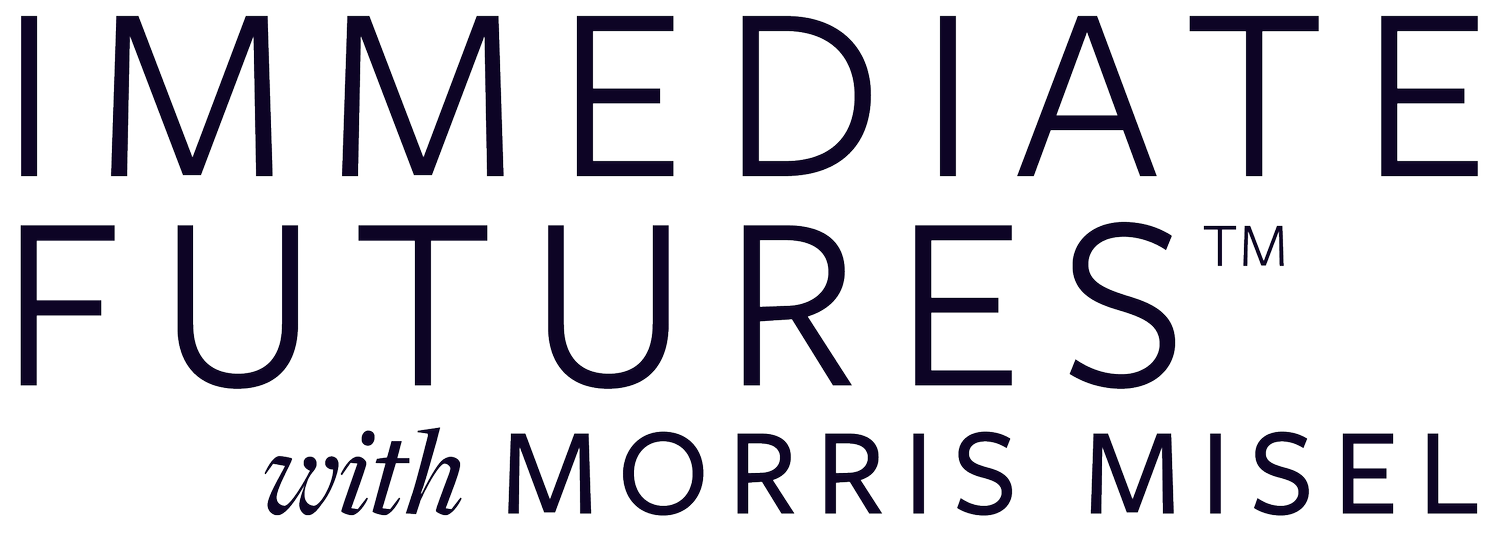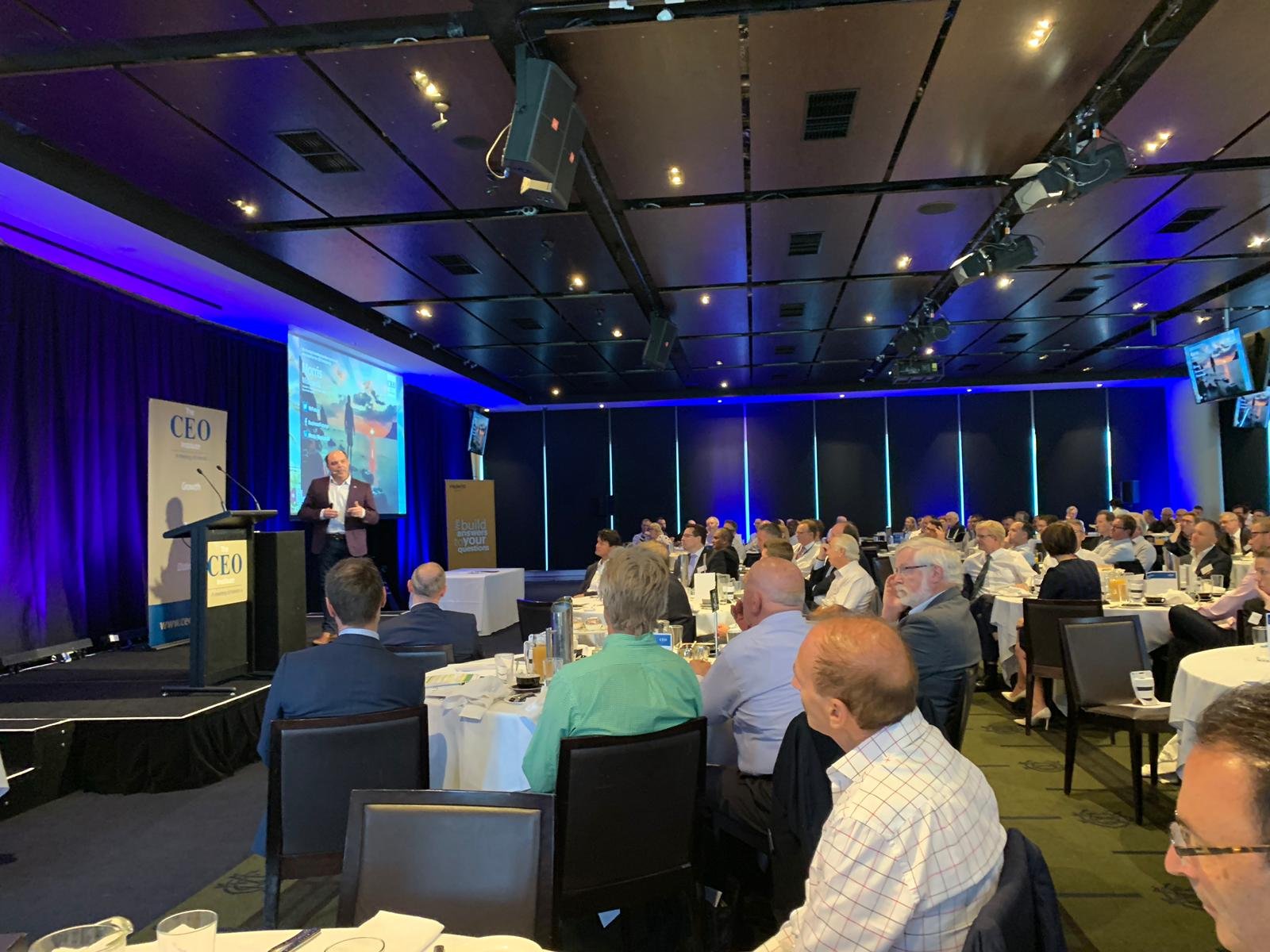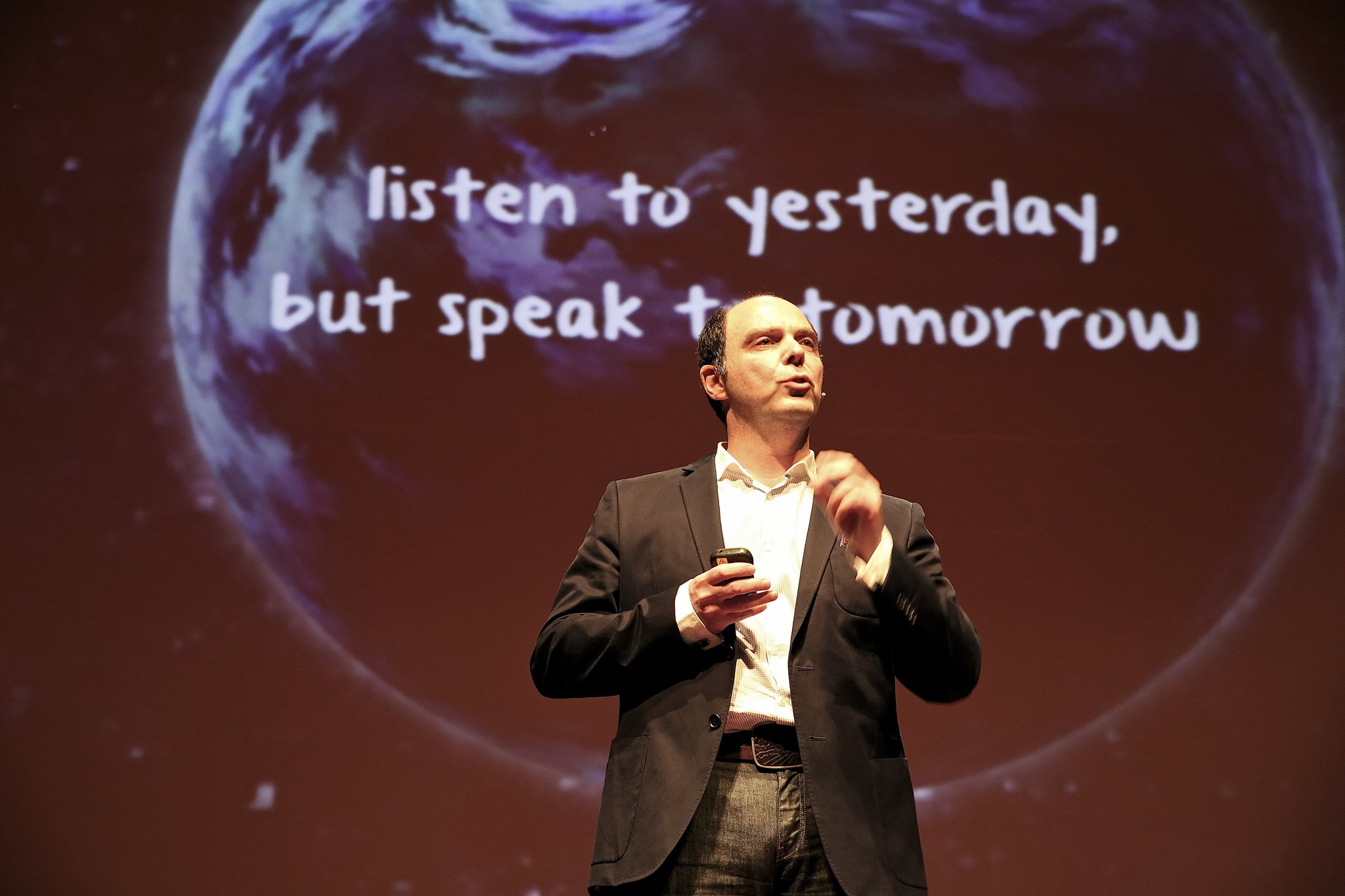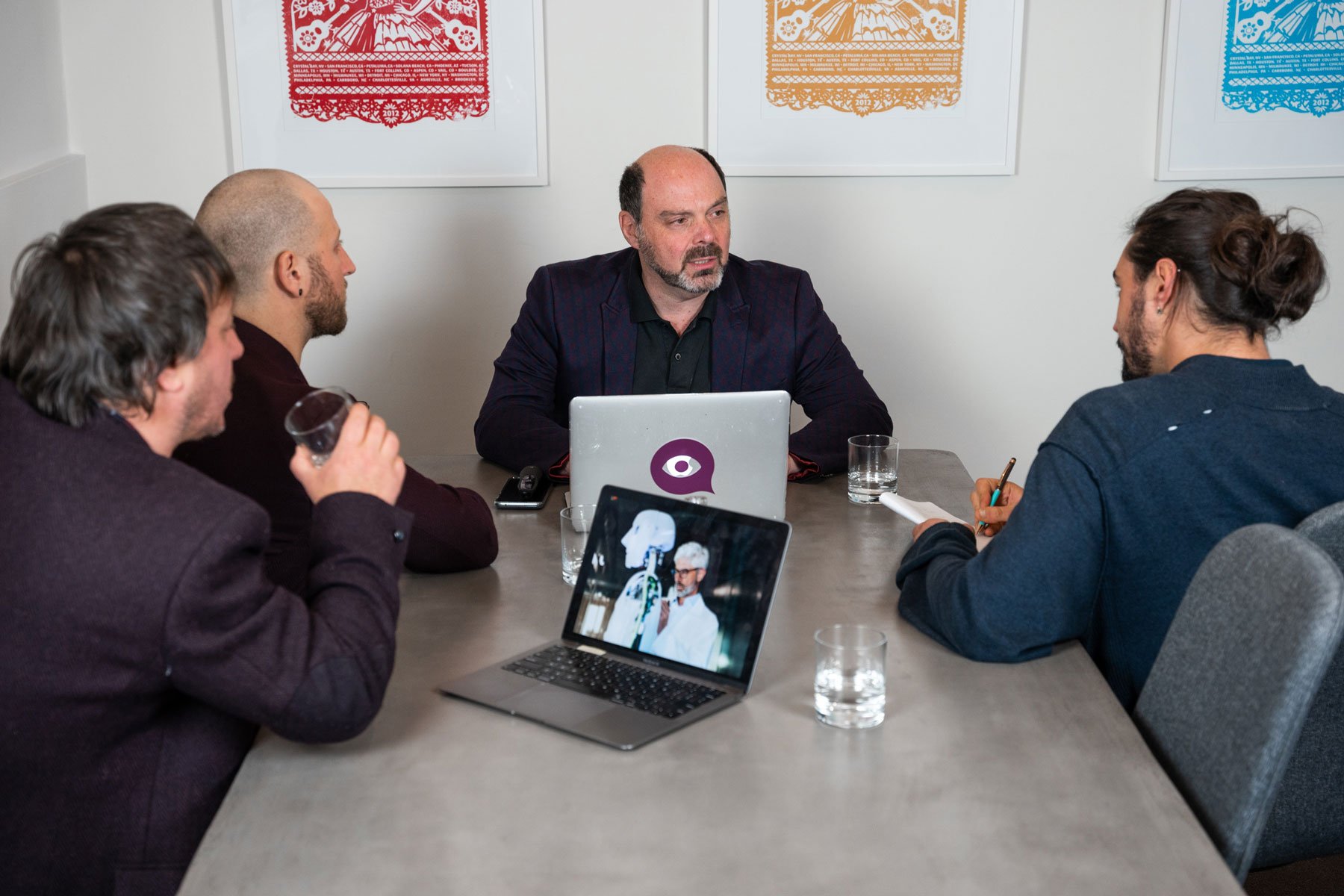
TECH & STARTUPS KEYNOTES & WORKSHOPS
Rethinking Tech & Startups for a Human-Led, AI-Smart World
For founders, technologists, and strategists who know the real innovation isn’t AI—it’s what we choose to do with it.
Morris doesn’t predict what’s next. He helps you recognise what’s already here, what’s quietly coming, and what actually matters.
… & your organization could be next.

SEE WHAT’S COMING, MAKE SENSE OF IT, & ACT DECISIVELY
Morris’s Proven Track Record in Tech & Startups
Morris has spent over 30 years as a trusted media voice on technology and what’s next, delivering regular tech commentary across Australian radio and television, and hosting a weekly segment on Hong Kong’s Radio 3 for over 20 years. He is a first point of call for journalists trying to make sense of emerging tech, and has been quoted widely in newspapers, magazines, blogs, and podcasts. He has attended and reported on CES for more than 15 years, helping founders, product teams, and investors cut through the hype to see what is signal, what is noise, and what is truly next.
Morris has worked with startups still testing product–market fit and with enterprise platforms responsible for billions in transactional trust. He is as comfortable in founder labs as he is in boardrooms, helping both sides of the scale-up equation decode what is coming and how to lead through it.
Morris also serves as Chair of Griffith University Queensland’s Inclusive Futures: Reimagining Disability Industry Advisory Board, where he is Resident Foresight Strategist and Industry Fellow. In this role, he works with more than 300 researchers from early-stage ideation to late-stage commercial readiness helping bridge the gap between breakthrough research and ideas and real-world adoption. His focus is on ensuring emerging technologies are human-centred, strategically viable, and commercially relevant.
TECH & STARTUPS KEYNOTE DESCRIPTION
Immediate Futures™:
Rethinking Tech & Startups for a Human-Led, AI-Smart World
In this keynote, Morris introduces HUMAND: Humans, Understanding, Machines, AI, Navigation, and Design. It is not a model. It is a mirror. A way to see how your business, product, or platform responds when the future knocks harder, faster, and more unexpectedly than you planned for.
This session is built for founders, product leaders, innovation teams, and investors who want clarity in the noise. It reframes AI as an amplifier, not the answer, and reminds tech leaders that what they ignore gets scaled just as fast as what they build.
You do not need another roadmap. You need a way to make sense of what you are building and why you are building it in the first place.
Founders are becoming forecasters
AI won’t replace you. But it will expose you.
Culture is the new codebase
Funding is backed by foresight
From scaling fast to scaling With consequence
TECH & STARTUPS INDUSTRY CHALLENGES
Pain Points & Tensions
TECH & STARTUPS
Case Studies
-
Microsoft
Helping Microsoft Humanise the Future of Tech at the Life on Demand Launch
To launch their Life on Demand whitepaper with Ipsos, Microsoft invited Morris to join a high-profile panel exploring how Australians are blending work, life, and play in an always-on world. The event, held in Sydney with a curated audience of media and tech influencers, was designed to spark bold conversation around how people live with their devices—and what the future of digital etiquette and productivity should look like.
Morris brought his trademark foresight lens to the panel, unpacking themes from the whitepaper and projecting what tech-enabled living might look like by 2025 and beyond. He was joined by Microsoft’s Steven Miller, Vivid’s Jess Scully, and Ipsos' Laura Demasi. The room, filled with media, creatives, and business thinkers, leaned in.
Microsoft didn’t stop at the room. They extended the message nationally, inviting Morris to serve as a media spokesperson across multiple platforms—including a primetime interview with Peter Switzer on Sky News Business, where he broke down key findings and future implications for work, attention, and digital wellbeing.
Shift: From tech overload to digital fluency, Morris helped reframe the conversation around tech—not as a threat, but as a tool best shaped by human intention.
The result?: Widespread media traction, a future-focused brand moment for Microsoft, and an ongoing dialogue about how to live better in a world that never logs off.
-
Thoughtworks
Thoughtworks Called. The Room Was Already Full of CEOs.
When Thoughtworks launched their first-ever Australian CxO event a high-end, invite-only experience for senior executives, clients, and global leadership they didn’t want slides or theatre. They wanted strategy. They invited Morris to set the tone.
He opened the evening by stripping away the hype. No jargon, no futurism-as-performance just the real implications of platform decisions, AI integration, leadership lag, and invisible friction. His framing: the future isn’t something you predict—it’s something you prepare to be responsible for.
Then came the panel. Morris co-led a candid cross-sector discussion that turned buzzwords into roadmaps, bridging foresight with product, capability with culture, and complexity with clarity. This wasn’t about what’s next. It was about what matters—and what will scale when no one’s watching.
Shift: From capability showcases to context-aware leadership futures.
The result?: The event became a new model for how Thoughtworks convenes its most senior clients—anchored by Morris’s voice, foresight rhythm, and ripple-driven facilitation.
-
SEEK
SEEK Didn’t Want a Talk About Jobs. They Wanted to Talk About Judgement.
SEEK brought Morris in to work with their leadership team on the future of recruitment, AI in hiring, and the ethical tension between recommendation engines and real people’s lives. This wasn’t a tech talk—it was a mirror.
Morris challenged the team to go deeper than user journeys and feature releases. He asked: What are you actually optimising for? In an era where jobseekers are filtered by code, the real UX isn’t the app interface—it’s how it feels to be seen, sorted, and told who you are.
The session unpacked everything from data ethics and human trust to platform accountability, workforce shifts, and the emotional burden of tech-enabled rejection.
Shift: From matching jobs to designing platforms that people trust with their futures.
The result?: SEEK walked away with a reframed lens on decision transparency, AI integration, and the human moments inside their product that matter most.
-
Trend Micro
Trend Micro Didn’t Want a Product Plug. They Wanted a National Conversation.
For the Australian launch of its Titanium suite, Trend Micro commissioned Morris to research, write, and deliver a media-ready foresight report: The Future of Online Security & the Cloud. But this wasn’t just content. It was a strategy. Morris led the qualitative research, framed the foresight, and positioned Trend Micro as the voice of clarity in a rising storm of digital confusion.
He didn’t just talk about risks. He forecasted ripple effects. Privacy shifts. Parental dilemmas. Security fatigue. The collapse of trust between users and the systems they rely on.
The report was accompanied by a panel series, media interviews, and a national media rollout—including broadcast commentary. Morris helped shape not only how the public viewed online safety, but how journalists framed the product and its urgency.
Shift: From cybersecurity feature set to cultural foresight and public trust narrative.
The result?: Multiple pieces of national coverage, broadcast appearances, and a product launch that punched far above its weight—because it wasn’t about selling protection. It was about owning the conversation.
-
Cummins
Cummins Didn’t Want a Forecast. They Wanted a Future They Could Build.
Cummins brought Morris in to facilitate a private 3-hour foresight session with their executive team focused not on what’s trending, but on what they could do next. The goal? Help Cummins rethink their product, service, and supply chain strategies in light of fast-moving market shifts and global uncertainty.
Morris designed and delivered a custom workshop that used his proprietary BreadCrumb Innovation® method to provoke serious strategic rethinking. Together with key division leaders across filtration, chemical, emissions, OEM, and aftermarket he helped map out Cummins future: where they would play, how they would lead, and how to move from reactive to anticipatory systems.
The workshop didn’t stop at talking points. It produced strategic shifts, including the idea of parts that reorder themselves, predictive supply chains, and even a “throwaway line” that evolved into a serious exploration of on-site dispensing machines for just-in-time inventory. Morris challenged them to stop thinking in parts—and start thinking in platforms.
Shift: From responsive supply partner to predictive service platform inside a smart maintenance ecosystem.
The result?: Cummins left with direction, alignment, and momentum. The session became a catalyst for reimagining how they lead—not just supply—the markets they serve
-
CIO100 Symposium & Awards
At CIO100, It Wasn’t About I.T. It Was About Identity.
When IDG invited Morris to keynote the CIO100 Symposium & Awards (India Edition), they weren’t looking for another digital transformation pitch. They wanted foresight. Urgency. A view from the edge. And a reason for their most senior CIOs to rethink not just their strategy but their role.
Morris delivered a keynote provocatively titled Re-Imagineering the Role of Tomorrow’s CIO, and used it to challenge the room to stop managing tools and start designing futures. He unpacked the accelerated human-tech relationship post-2020, the rise of precision technologies, and the idea that CIOs were no longer infrastructure leaders they were transformation architects.
The message landed hard. Applause turned into follow-ups. The audience didn’t just want inspiration. They wanted action.
Shift: From CIO as operations lead to CIO as anticipator, strategist, and organisational futurist.
The result?: Morris’s keynote was named one of the most impactful sessions of the event earning praise from IDG, CIO100 winners, and tech executives who saw themselves reflected, challenged, and redefined.
-
CWS Summit Singapore
At CWS Summit Singapore, It Wasn’t About Jobs. It Was About Systems.
Morris was invited to deliver the opening keynote at the global Contingent Workforce Summit in Singapore an international gathering of platform leaders, workforce strategists, and HR tech innovators. But this wasn’t a talk about hiring trends. It was a reset.
He reframed the conversation entirely: jobs were dissolving into tasks, and platforms were quietly becoming the architects of how people are seen, sorted, and selected. He challenged the audience to stop optimising operations and start designing systems of trust, where humans, machines, and algorithms don’t just transact—but collaborate.
The response was immediate: rave reviews, executive endorsements, and a surge of follow-up interest. Delegates weren’t looking for more work they were looking for more meaning. And Morris delivered.
Shift: From workforce tools to decision ecosystems shaping the future of labour.
The result?: Platform teams and HR strategists left with a new lens on what they were building and who it was really serving.
-
Retail 2020
Retail 2020 Wasn’t a Concept. It Was a Live Beta Test of the Future.
Morris didn’t just talk about the future of shopping he built a prototype and opened the doors.
As the strategic architect of Retail 2020, Morris designed and launched a full-scale immersive foresight space: a walk-through retail environment showcasing what smart shopping could look, feel, and function like before most people had even seen a QR code. The experience featured frictionless checkouts, smart carts, AR overlays, data-triggered offers, and ambient AI logic—designed to show not just what tech could do, but how consumers would behave inside it.
For founders, product teams, and platform leaders, it was a physical proof of concept how startups could integrate into retail ecosystems and what consumer readiness really looked like at scale.
Over 100,000 people walked through it in three days. Media coverage went national. UX strategists took notes. Some even pivoted.
Shift: From future-of-retail theory to real-time, testable, immersive UX prototype.
The result?: Retail 2020 became a living lab for how startups, platforms, and enterprise tech could actually land in the hands—and habits—of everyday people.
-
ITAC
ITAC Didn’t Want a Demo. They Wanted a Reckoning.
At ITAC—the Aged Care Technology Summit Morris was invited to address a room full of healthtech leaders, platform founders, engineers, and executives building the next generation of aged care systems. But he didn’t show up to talk about features. He came to ask: Who are you building this for—and what happens when you get it wrong?
Morris challenged the industry to stop designing for compliance and start designing for dignity. He spoke about AI-assisted care, predictive systems, sensor networks, and frictionless interfaces but always from the human angle. What happens when a system decides someone’s too frail to get help? What if your platform has no off-switch?
The keynote became a turning point in the room a reminder that every algorithm touches someone’s mother, someone’s grandfather, someone’s future.
Shift: From caretech as efficiency engine to caretech as a system of responsibility.
The result?: Founders and CTOs left with a renewed focus on trust, context, and the ethics of scaling human-sensitive systems.
-
Candlefox
Candlefox Didn’t Want a Keynote. They Wanted a Reset.
Candlefox sits at the intersection of education, marketing, and technology—connecting students to learning providers across Australia, the UK, and beyond. But they weren’t after a trend deck. They invited Morris in for a full-team provocation, from the exec team to the front line, to help them make sense of where learning, platforms, and trust are really heading.
This wasn’t about trends. It was personal. Drawing on three decades of lived foresight across education and technology—including 15 years as a university lecturer—Morris led a co-created, whole-room conversation on the future of learning: HUMAND ecosystems, micro-credentials, AI-enabled guidance, and what students really want in a world of endless options.
Shift: From operating an education marketplace to shaping the future learning economy.
The result?: Candlefox walked away with shared language, strategic clarity, and a team-wide sense of purpose around what comes next—and how to lead it.
-
CyberSource
CyberSource Didn’t Need Future Talk. They Needed the Next Move.
At the CyberSource Customer Summit in Bali, Morris was invited to deliver the 2020 keynote—a high-visibility session aimed at global clients, product leaders, and payment innovation teams. Held on the main stage between Visa’s global strategy leads and live tech demos, Morris’s job was to provoke the next step in a room already fluent in systems, APIs, and scale.
He didn’t talk about the future of payments. He talked about the future of trust. About what happens when platforms stop thinking in products and start thinking in ecosystems. He challenged the audience to rethink identity, risk, transparency, and time—not as friction points, but as competitive assets.
This wasn’t vision for the sake of it. It was strategy dressed in real-world foresight—delivered between fraud intelligence briefings and mobile POS showcases.
Shift: From payment innovation as product evolution to payment foresight as platform trust architecture.
The result?: CyberSource positioned itself as not just technically advanced—but strategically future-ready—reinforced by Morris’s clarity, timing, and ability to challenge without derailing momentum.
-
Monash University
Monash Didn’t Just Want Students. They Wanted Architects of the Future.
Each year, Monash University invites Morris to headline its flagship Computer Games Bootcamp—an immersive, future-facing experience for Year 12 students exploring tech, coding, design, and what’s coming next. But Morris didn’t show up to talk about tools. He came to talk about time, trust, and tech’s ripple effects.
His message was blunt: the job you’re aiming for might not exist. And the job that will exist doesn’t yet have a name. He introduced students to the 95 jobs on their way out—and the 162 that were quietly moving in. He challenged them to stop thinking like candidates and start thinking like creators.
Shift: From students choosing subjects to digital pioneers designing their own futures.
The result?: Monash embedded Morris’s keynote into its recruitment and outreach strategy—using it to shift mindset, spark foresight, and position the university as a launchpad for tomorrow’s tech architects.
-
iSelect
iSelect Didn’t Need a Policy Pitch. They Needed a Signal Check.
iSelect brought Morris in to keynote a high-level investor and client lunch designed not to showcase product, but to signal where the company was heading. The brief? Unpack the future of insurance, AI, anticipatory platforms, and how tomorrow’s customers will choose, compare, and trust in an era of predictive everything.
Morris delivered a strategic foresight keynote that challenged legacy assumptions about choice, attention, and data ethics. He explored what happens when insurance isn’t sold—but sensed, and when online comparison platforms become AI-led decision tools that anticipate life shifts before customers do.
From the rise of digital twins and IOT-triggered policies to the reshaping of trust in automated recommendations, Morris gave the audience a clear lens on what comes next and why the winners won’t just offer options. They’ll offer relevance on arrival.
Shift: From comparison platform to predictive, human-calibrated decision engine.
The result?: iSelect used the session to reinforce leadership positioning in a crowded market earning investor confidence and sparking client-side conversation around tech-enabled trust.
-
Government of Western Australia
The WA Impact Delegation Didn’t Just Tour Tech. They Brought Morris to Translate It.
When the Government of Western Australia led a high-level delegation of senior leaders and changemakers to Israel and Silicon Valley, they didn’t just want a tour of startup showrooms. They brought Morris in as a business futurist and integration lead—to ensure the tech they encountered was understood, contextualised, and actionable back home.
Across visits with Microsoft ScaleUp, TAU Ventures, Magma Venture Partners, Razor Labs, and dozens of Israel’s top AI, defence, agtech, and deeptech accelerators, Morris provided daily foresight briefings to connect what delegates saw with how their organisations could actually use it. He reframed hype into strategy, buzz into context, and helped the group process each encounter through the lens of business readiness and long-term relevance.
Shift: From inspirational field trip to real-world tech interpretation and public–private decision support.
The result?: Delegates left with more than business cards and photos—they left with foresight frameworks, grounded insight, and the tools to embed global innovation thinking into WA’s next decade of decisions.
-
Oracle
Oracle Didn’t Want Another HR Talk. They Wanted to Set the Future Table.
Oracle invited Morris to keynote their Modern Business Summit in Sydney—a full-day, senior-level gathering of CHROs, enterprise leaders, Deloitte partners, and Oracle’s global cloud strategy team. The theme was food—but the real flavour was future.
Morris opened the day with a bold keynote: “What Will the Jobs of the Future Look Like?” He explored the radical shift from career ladders to life portfolios, from job descriptions to task swarms, from workplace policies to workforce philosophies. He spoke not to impress, but to reset the room—giving Oracle’s most important clients a human-centric lens through which to see AI, cloud, and organisational redesign.
This wasn’t soft HR. It was HUMAND: Humans + Understanding + Machines + AI + Navigation + Design.
Shift: From HR compliance to workforce foresight—anchored in decision-making, not just talent management.
The result?: Oracle used Morris’s keynote to anchor their summit, provoke strategic clarity, and reposition HCM as a future-enabler—not a cost centre.
-
THQ Asia-Pacific
THQ Didn’t Need a Talk. They Needed a Strategic Rebuild.
THQ’s Asia-Pacific leadership team brought Morris in to lead a foresight-driven strategy workshop—not to inspire, but to provoke alignment. The brief? Help their cross-functional executive team navigate a rapidly evolving landscape of consumer behaviour, gaming platforms, business models, and regional growth. The method? Tribe-based immersion, near-future and medium-future scenario work, and brutally honest conversation.
Morris designed a half-day, fully tailored workshop that split the THQ leadership team into strategic foresight tribes—each tasked with exploring a different future time horizon, focused on either B2B or B2C evolution. It was practical. Action-oriented. And just provocative enough to challenge their assumptions about relevance, market timing, and what leadership would actually look like in the next wave of gaming and interactive platforms.
Shift: From team offsite to future-oriented alignment around product, platform, and purpose.
The result?: A revitalised leadership team with shared foresight, cross-functional trust, and a strategic lens built for speed, scale, and creative tech relevance.
-
Call of Duty
Call of Duty Didn’t Want Hype. They Wanted Plausibility.
For the global launch of Call of Duty: Advanced Warfare, Activision brought Morris in as a futurist and public commentator—not to talk about gaming, but to translate fiction into foresight. His task: bring credibility, clarity, and real-world connection to a story centred around private military corporations (PMCs), exoskeletons, drones, and a 2059 battlefield shaped by advanced tech.
Morris served as the media voice of the Australian launch campaign—conducting press interviews, national TV commentary, and digital features that linked the game’s technology to today’s emerging defence realities. He mapped a future of warfare shaped by automation, unregulated force, and tech-first ideology—and explained why the world imagined in Call of Duty isn’t far off. It’s just unevenly distributed.
Shift: From speculative sci-fi to real-world signals and media traction.
The result?: A successful media rollout that positioned Call of Duty: Advanced Warfare not just as entertainment, but as a credible window into possible futures—with Morris as the anchor between story and society.
-
Griffith University
At Griffith, the Future Isn’t Predicted. It’s Prototyped.
As Chair of Griffith University Queensland’s Inclusive Futures: Reimagining Disability Industry Advisory Board, Morris works with more than 300 researchers to help shape what comes next. From early-stage ideation to late-stage commercial readiness, his role is to pressure-test emerging ideas, challenge assumptions, and guide the translation of breakthrough technologies into real-world, commercially relevant, and human-centred solutions.
Whether it’s advising AI ethics protocols, platform impact modelling, or cross-disciplinary startup acceleration, Morris brings foresight into spaces where the stakes are high and the results need to matter.
Shift: From research as theory to research as scalable, startup-ready innovation.
The result?: Morris has helped shape national-level thinking on how future technologies emerge, and how industry and society prepare to receive them.
-
AMTIL
When Curiosity Became Strategy
Morris was invited to headline AMTIL’s Annual General Meeting with a keynote provocatively titled FutureCurious—a challenge to Australia’s manufacturing and transport tech leaders to stop benchmarking the past and start imagining what doesn’t yet exist. Speaking to precision engineers and technology manufacturers, Morris reframed advanced manufacturing as a mobility innovation engine, essential to next-gen transport, automation, and intelligent systems.
Shift: From process optimisation to strategic curiosity as a core manufacturing asset in future transport ecosystems.
The result?: Positive post-event feedback, follow-on collaboration interest, and a shared language around foresight and innovation across AMTIL’s leadership network.
“ I saw Morris speak at an event a few years back and his vision of technology proliferation is more or less coming true.”
Myat Khine Oo, Data Office Program Manager, KPMG Australia
THE FUTURE OF TECH & STARTUPS
Opportunities Ahead
check_circle Build HUMAND into the business, not just the product
check_circle Scale with intention, not imitation
check_circle Use foresight to fund better, not just sooner
check_circle Reclaim culture before AI writes it for you
check_circle Train your team to think in probabilities, not playbooks
Then | Now | Next: The Evolving Conversation
Everyone’s promising transformation. But most tech leaders are buried under busywork, buzzwords, and pressure to look like they’ve already got the future figured out.
Then (2010)
Build the product. Raise the capital. Move fast.
Now (2025)
Build the system. Earn the trust. Move with intention.
Next (2030)
What happens when AI stops being the tool—and starts becoming the partner?
Looking Back, Seeing Ahead.
Most startup events book someone to talk about what’s next. Morris shows your audience how to make it work.
He doesn’t just highlight trends. He translates them. From AI strategy to platform trust, from founder uncertainty to product readiness — Morris helps your audience see the future before it hits them, and act with foresight instead of FOMO.
He’s worked with tech giants, stealth startups, scale-ups, researchers, and platform leaders to frame, pressure-test, and humanise what’s coming next. His sessions are real-world relevant and ripple-focused — built to cut through AI hype, product tunnel vision, and innovation theatre.
Book Morris to open your summit, challenge your boardroom, or recalibrate your leadership offsite.
The future isn’t a trend. It’s a test. Will you pass?
YOUR FUTURE STARTS NOW
Futurist Keynote Speaker Morris Misel
Morris Misel (Miselowski) is a global business futurist, keynote speaker, trusted media voice, and strategic advisor who has shaped the thinking of the world’s biggest organisations and brands to understand what tomorrow might look like – long before they experience it. Morris is known for making the future feel clear, actionable, and, most importantly, human. He has helped clients including ANZ, Microsoft, Visa, Make-A-Wish, Caltex, UBS, Call of Duty, BUPA, and BP become future-proof.
With more than 30 years of experience spanning 160+ industries, Morris has earned a worldwide reputation for his ability to decode the complexities of the future and translate them into tangible strategies that everyone in an organization can understand and implement. He’s regularly called on by journalists, broadcasters, and editors, including ABC, Mashable, CBS, Times of India, SBS, The Australian, Times Inc., The Sydney Morning Herald, The Age, Sky News Business TV, The Herald Sun, and The Daily Telegraph, to explain what’s next and what to do about it.
Quick Event Organizer Downloads
Immediate Futures™
Tech & Startups Report
COMING SOON
